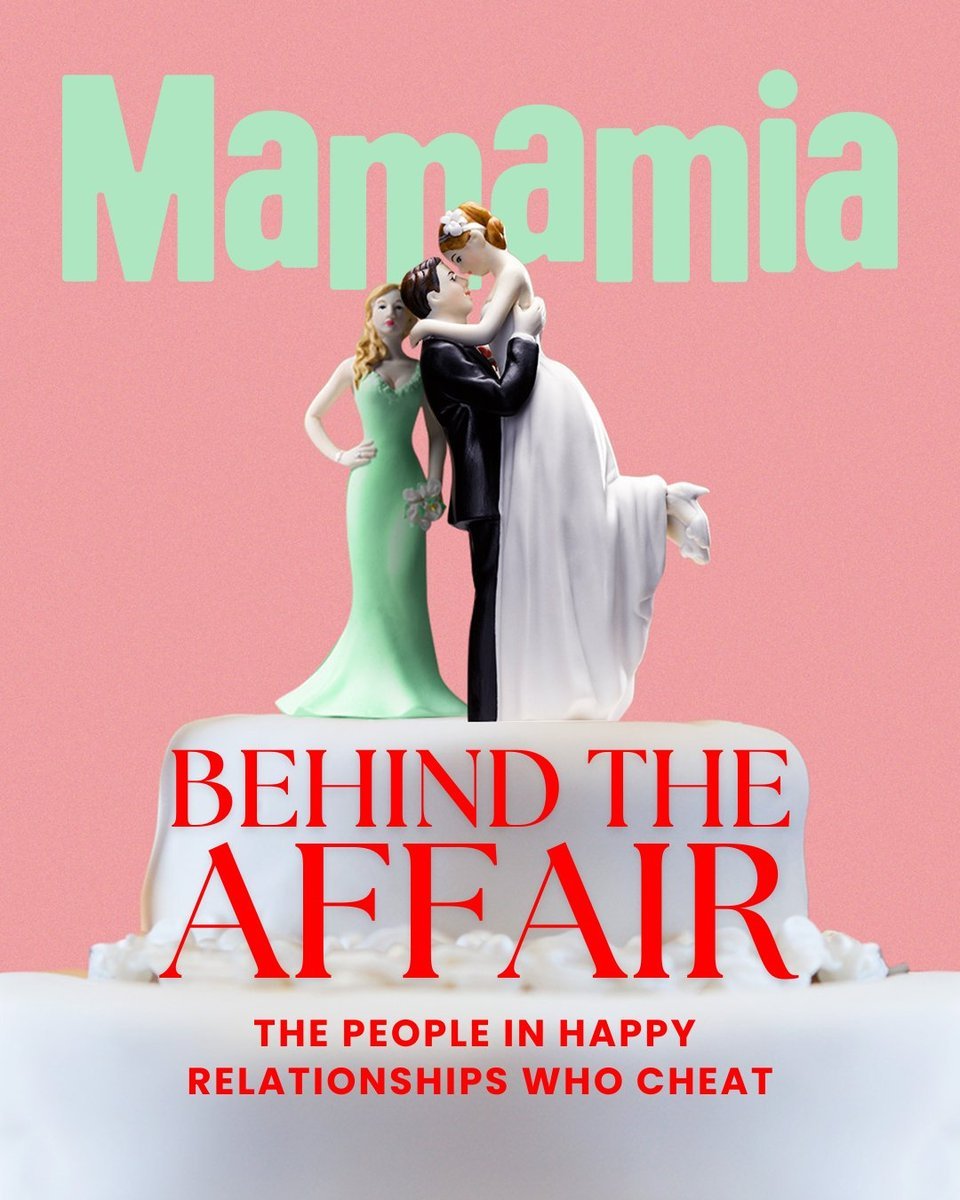
Hannah* married her husband, eight years her senior, when she was 27 years old.
While she says that he is kind and she was relatively happy in their relationship for a long time, she acknowledges that over the years she came to recognise that her husband loves her more than she does him.
"I often find his intensity overwhelming and exhausting," she writes. She dreams often about leaving him but she is deeply concerned about the consequences this could have for her children.
In 2000, three years after she was married, Hannah met a man through work who she became good friends with and, although nothing romantic was ever pursued at the time, Hannah says that in hindsight there was always a spark between them. After he returned home from a stint working overseas in 2014, the pair began to meet for lunch regularly to chat about their jobs.
For a long time, it was not a romantic relationship – until one day it was.
"At a conference in 2016 we happened to end up alone at the end of a function. He confessed feelings for me and this woke me to feelings I had previously suppressed," she writes.
Hannah has now been having an affair with this man for approximately eight years. She says that it is "all things – joyful, fulfilling, amazing, but also frustrating and sometimes sad."
Watch: The Mamamia team debate on the difference between physical versus emotional affair. Post continues after video.


Top Comments